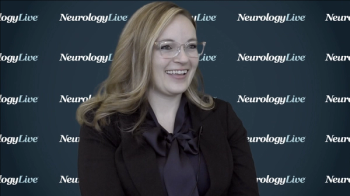
The staff epileptologist at Cleveland Clinic’s Epilepsy Center spoke to the benefits of telemedicine for patients with epilepsy, and how the practice can alleviate a number of burdens.

The staff epileptologist at Cleveland Clinic’s Epilepsy Center spoke to the benefits of telemedicine for patients with epilepsy, and how the practice can alleviate a number of burdens.
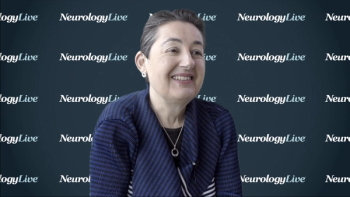
The professor of neurology at NYU Langone offered insight into the state of affairs with current seizure rescue medications and added her insight into how intranasal diazepam may improve the patient experience.
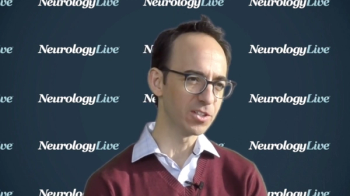
The director of Infantile Spasms Program at UCLA Mattel Children’s Hospital discussed why learning more about patients with infantile spasms may lead to further breakthroughs on the origins of autism spectrum disorder.
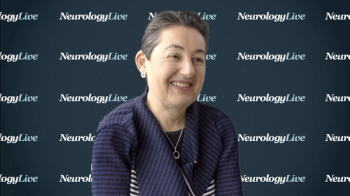
The professor of neurology at NYU Langone spoke to her clinical experience with cenobamate and how she anticipates it might be utilized once it becomes commercially available.
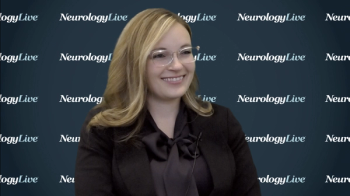
The staff epileptologist at Cleveland Clinic’s Epilepsy Center spoke to her experience using telemedicine to manage patients with epilepsy and some of the unexpected perspectives it offers.
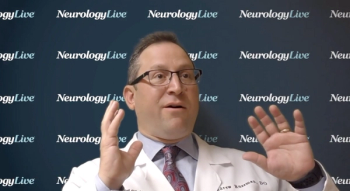
The medical director of the Comprehensive Stroke Center at Cleveland Clinic detailed the differences between neuroprotection and neurorestoration, and the available options for each.

The director of Infantile Spasms Program at UCLA Mattel Children’s Hospital detailed his personal experience counseling parents whose first child has infantile spasms.

The professor of neurology at NYU Langone discussed cenobamate’s potential as a treatment option for patients who have uncontrolled seizures, as well as its ability to bring a high number of patients toward complete seizure freedom.
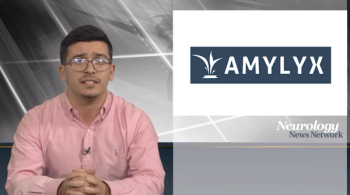
Neurology News Network for the week ending December 21, 2019.
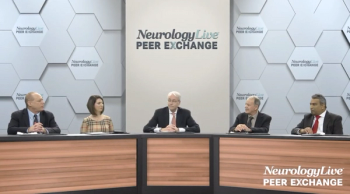


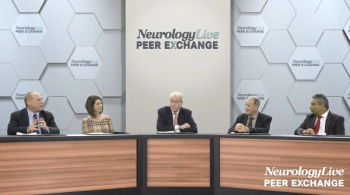
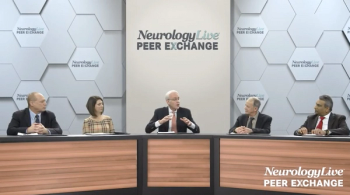
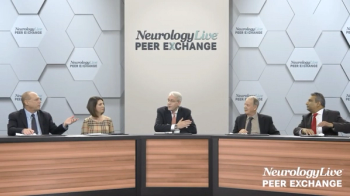
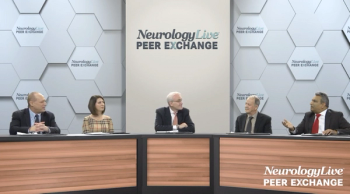

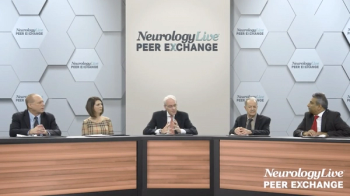
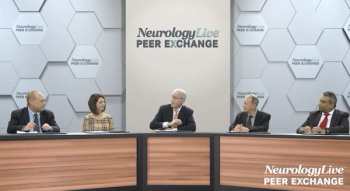

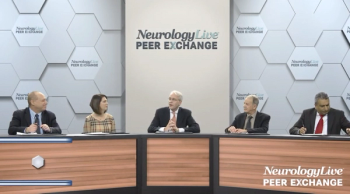
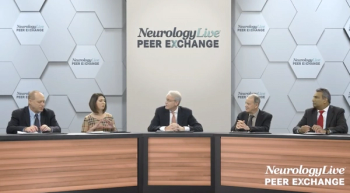
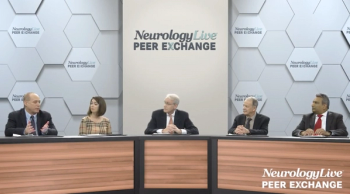
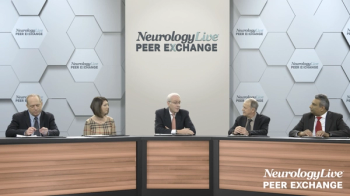
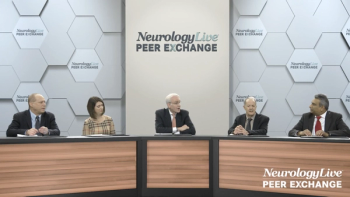
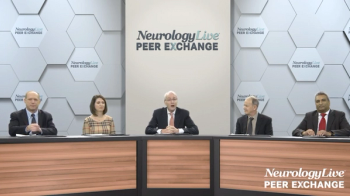
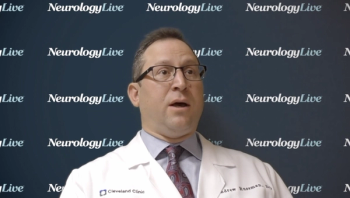
The medical director of the Comprehensive Stroke Center at Cleveland Clinic reviewed the timeline of administering various thrombolytic agents and the benefits they bring.
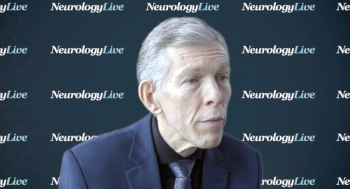
The professor and chief of pediatric neurology, and director of the comprehensive epilepsy program and neuroscience institute at Le Bonheur Children’s Hospital, detailed his experience with patients treated with perampanel.
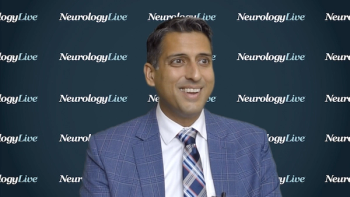
The director of epilepsy surgery and associate professor of neurosurgery at UC Irvine spoke to the advances that have been made in epilepsy surgery and in noninvasive or minimally invasive techniques, as well as the impact they’ve had on outcomes.
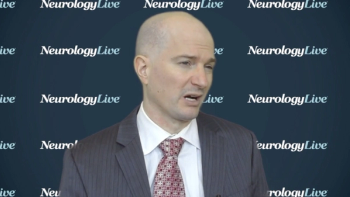
The medical director of the Comprehensive Epilepsy Clinic at Nicklaus Children’s Hospital discusses his early stage gene therapy trial for Dravet syndrome.